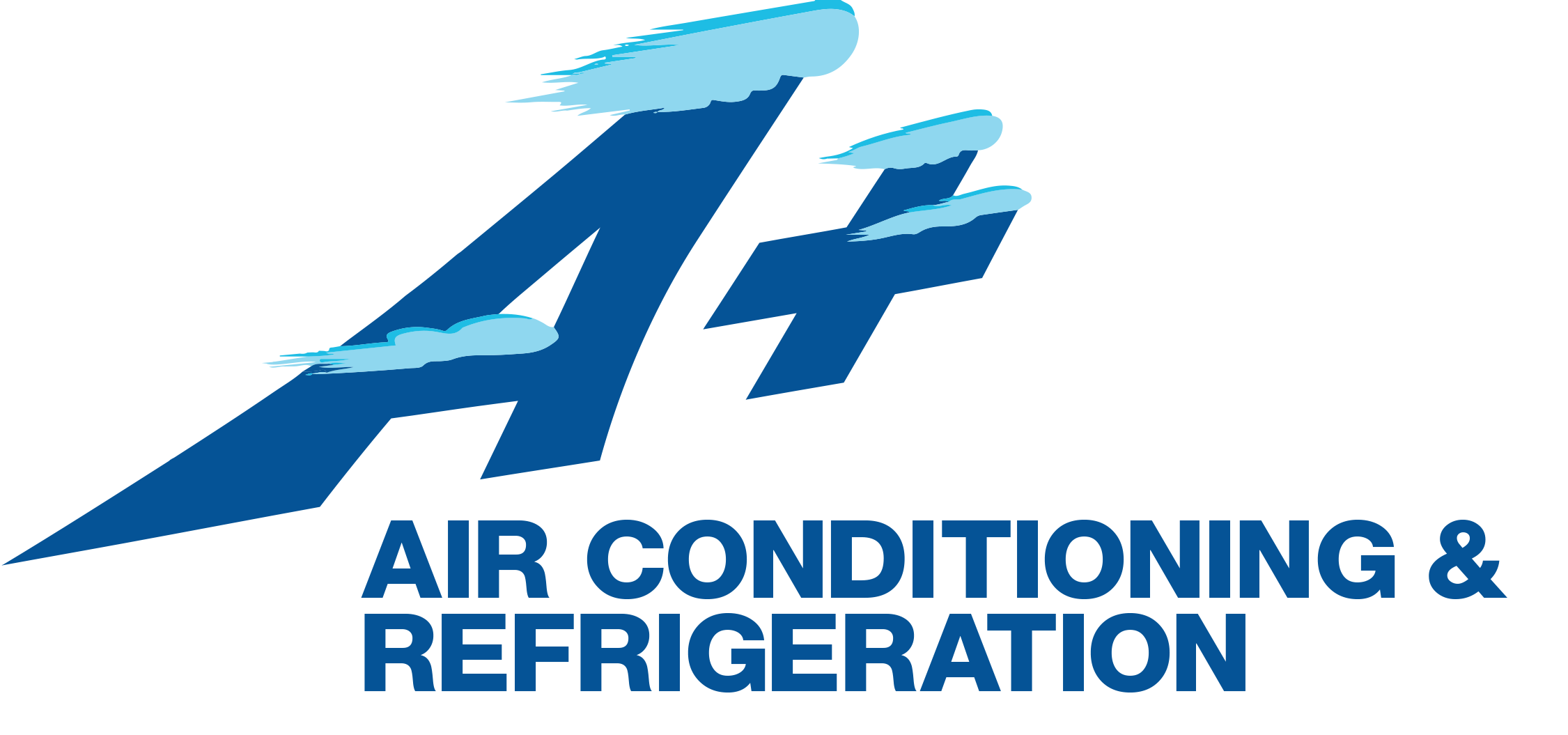
How to Reduce Humidity in Your Newberry, FL Home: Tips for Better Indoor Air Quality
Living in Newberry, FL, is like having a front-row seat to nature’s beauty. However, with all its perks, Florida’s climate can sometimes feel a little too close for comfort—especially when it comes to indoor humidity. If you’ve ever walked into your home and felt a sticky warmth clinging to your skin, you’re not alone. High humidity levels in your home can turn a comfortable space into a breeding ground for discomfort and health issues. Fortunately, there are several ways to reduce humidity, ensuring your home remains a sanctuary of comfort and health. Let’s dive into how you can manage humidity in your Newberry home for better indoor air quality.
Understanding the Problem: Why Is High Humidity an Issue?
High humidity is more than just an inconvenience; it can have several negative impacts on your home and health. Excess moisture in the air can lead to the growth of mold and mildew, which are not only unsightly but can also cause allergic reactions, respiratory problems, and other health issues. Additionally, high humidity can make your home feel warmer than it actually is, causing your air conditioning system to work harder and your energy bills to rise.
Moreover, high humidity can damage your home’s structure and belongings. Wood can warp, paint can peel, and electronics can malfunction due to excessive moisture. By reducing humidity, you can protect both your home and your health.
Identifying the Ideal Indoor Humidity Level
Before diving into solutions, it’s essential to know what you’re aiming for. The ideal indoor humidity level typically ranges from 30% to 50%. In Newberry, where the outdoor humidity can be quite high, maintaining this level indoors can be challenging but is crucial for comfort and health. A humidity level below 30% can dry out your skin and respiratory system, while levels above 50% can lead to the issues mentioned earlier.
Strategies for Reducing Humidity in Your Home
Here are some effective strategies to help you reduce humidity in your Newberry, FL home, ensuring a more comfortable and healthier living environment.
Use a Dehumidifier
One of the most effective ways to control humidity is by using a dehumidifier. Dehumidifiers work by drawing in moist air, removing the excess moisture, and then releasing drier air back into the room. These devices are particularly useful during the summer months when humidity levels are at their highest. Depending on your needs, you can opt for a portable dehumidifier for specific rooms or a whole-house dehumidifier that integrates with your HVAC system.
Optimize Your Air Conditioning System
Your air conditioning system plays a crucial role in managing indoor humidity. When your AC is running efficiently, it not only cools your home but also removes moisture from the air. However, if your system is outdated, improperly sized, or in need of maintenance, it may struggle to keep humidity levels in check.
Regular maintenance of your AC system ensures it operates at peak efficiency. This includes cleaning or replacing filters, checking for refrigerant leaks, and inspecting the evaporator coils. If your AC unit is older, consider upgrading to a newer, more energy-efficient model with built-in humidity control features.
Ventilate Your Home Properly
Proper ventilation is key to managing indoor humidity. Without adequate ventilation, moisture can become trapped inside your home, leading to higher humidity levels. Ensure that your home’s exhaust fans, particularly in the kitchen and bathroom, are functioning correctly and used regularly. These fans help remove moisture-laden air, preventing it from spreading throughout your home.
Additionally, consider installing a ventilation system that brings in fresh air from outside while expelling stale, humid air. Energy recovery ventilators (ERVs) and heat recovery ventilators (HRVs) are excellent options for improving indoor air quality while maintaining energy efficiency.
Seal and Insulate Your Home
Air leaks in your home can allow humid air to enter, especially during Florida’s muggy days. Sealing gaps around windows, doors, and other openings can prevent this, helping to maintain a consistent indoor humidity level. Insulation also plays a significant role by keeping your home’s temperature stable, reducing the likelihood of condensation that can contribute to humidity.
Pay special attention to areas like the attic, basement, and crawl spaces, as these are common sources of humidity. Proper insulation and sealing in these areas can have a significant impact on your home’s overall humidity levels.
Manage Moisture Sources Indoors
Reducing indoor humidity also involves managing the moisture sources within your home. Everyday activities like cooking, showering, and even drying clothes indoors can contribute to increased humidity. Here are a few tips:
- Use lids while cooking to minimize the amount of steam released into the air.
- Run exhaust fans in the bathroom during and after showers to remove excess moisture.
- Dry clothes outdoors whenever possible, or use a dryer vented to the outside.
- Fix leaks promptly. Even small leaks can add significant moisture to your home’s air.
Use Houseplants Wisely
While houseplants can improve indoor air quality, some plants can contribute to higher humidity levels by releasing moisture through a process called transpiration. If you have a lot of houseplants, consider reducing their number or relocating them to less humid areas of your home. Alternatively, choose plants that absorb moisture, such as Boston ferns or peace lilies, which can help reduce indoor humidity.
Monitoring and Maintaining Ideal Humidity Levels
Once you’ve implemented these strategies, it’s essential to monitor your indoor humidity levels regularly. Hygrometers, which measure humidity, are affordable and widely available. Place them in key areas of your home, such as the living room, bedroom, and basement, to track humidity levels and make adjustments as needed.
Maintaining your HVAC system is also crucial. Schedule regular inspections and tune-ups with a professional HVAC service provider like A+ Air Conditioning & Refrigeration. Not only will this ensure your system runs efficiently, but it will also help you avoid costly repairs and replacements down the line.
The Impact of Reducing Humidity on Your Indoor Air Quality
Lowering humidity in your home does more than just increase comfort; it significantly improves indoor air quality. By keeping humidity levels within the ideal range, you reduce the risk of mold and mildew growth, which can trigger allergies and respiratory issues. Additionally, a balanced humidity level can help protect your furniture, electronics, and other belongings from moisture damage.
Furthermore, when your home’s humidity is under control, your HVAC system doesn’t have to work as hard to keep your home cool. This can lead to lower energy bills and a longer lifespan for your air conditioning unit. In short, managing humidity is an investment in both your health and your home.
For Indoor Air Quality Services in Newberry, FL, Contact A+ Air Conditioning & Refrigeration Today
If you’re struggling with high humidity levels in your Newberry, FL home, or if you want to improve your indoor air quality, A+ Air Conditioning & Refrigeration is here to help. Our team of experienced professionals specializes in HVAC services, including dehumidifier installation, air conditioning maintenance, and ventilation solutions tailored to your specific needs.
With over 25 years of experience serving the Newberry community, we understand the unique challenges posed by Florida’s climate. We’re committed to providing you with the highest quality service to ensure your home remains comfortable, healthy, and energy-efficient. Contact us today to schedule a consultation and take the first step toward a drier, healthier home. Trust A+ Air Conditioning & Refrigeration for all your HVAC needs—we’re here to keep you comfortable, no matter the weather.


